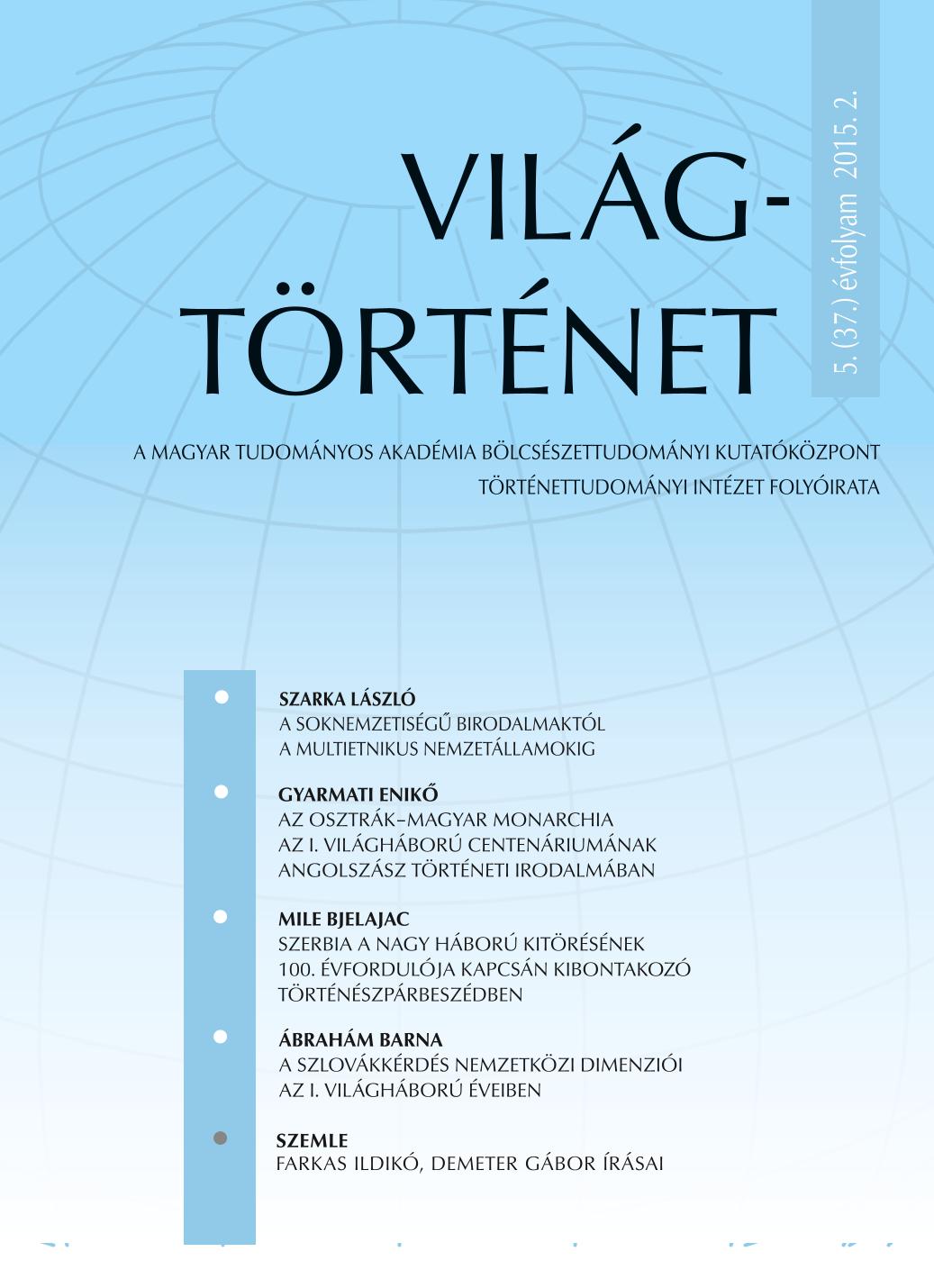Család és túlélési stratégiák az I. világháborúban. Hosszú távú változások a szlovák társadalomban
Family and Survival Strategies during the First World War: Long-term Changes in the Slovak Society
Author(s): Gabriela Dudeková KováčováSubject(s): Pre-WW I & WW I (1900 -1919)
Published by: Magyar Tudományos Akadémia Bölcsészettudományi Kutatóközpont Történettudományi Intézet
Keywords: WW I; interpersonal relations; family planning; illnesses and disability; changes of the gender order; survival strategies
Summary/Abstract: According to recent trends in historiography the author focusses on everyday life in the hinterland, presenting from a bottom-view the changes of mentality, interpersonal relations, mainly within families. She points at the fact that the war disturbed family planning and cycles, it prevented a lot of new marriages and births, and what is more, brought various illnesses and disability. From economic aspect the war changed the distribution of labour, in many cases women became breadwinners, their prestige and authority grew at their husbands’ expense. However, many women were forced to stay in paid work after the war because of the post-war socioeconomics crisis. On the other hand sexual indecency was evaluated inequally: while prostitution and violence in connection with soldiers remained taboo, women’ adultery often led to the dissolution of the family. The most important factor in changes of the gender order (position of men and women in the family and the society) was the democratization and secularization of the new post-war regimes. At the end the author looks over possible survival strategies, i. e. avoiding to join the unit, eff orts to get home at any cost from the front, while in the case of civil population ensuring everyday food and signs of demonstrative loyalty toward the authorities and the symbolic aspects of social and political life.
Journal: Világtörténet
- Issue Year: 2015
- Issue No: 2
- Page Range: 311-332
- Page Count: 22
- Language: Hungarian

